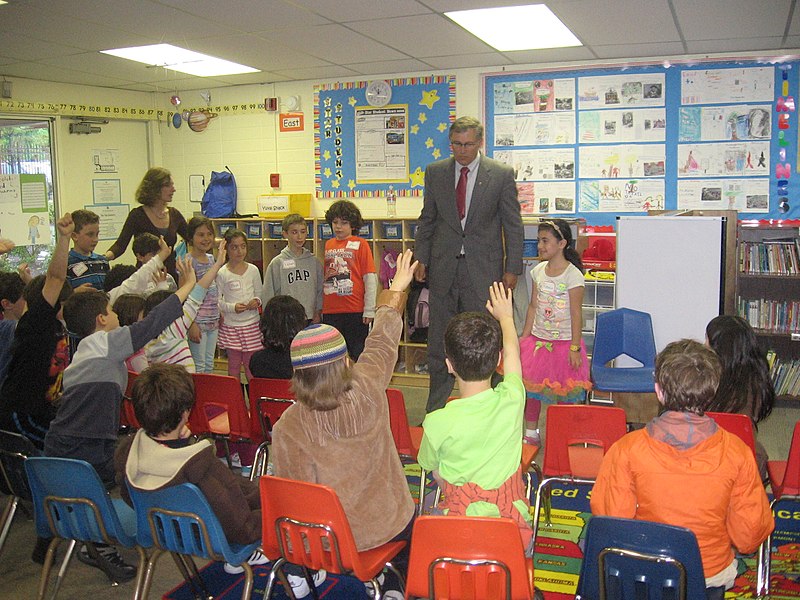Early-childhood education (ECE) is the pivotal point when Jewish families enter the Jewish community as a unit and begin a new, lifelong connection with Judaism and Jewish life.
This might sound like hyperbole, but I believe it’s undoubtedly accurate.
The early years of Jewish education are when young Jewish families share the experience of raising children, a special bond that endures for years to come. Together, these families gather for Shabbat dinners, observe Jewish holidays and attend school events. It’s also a time when supportive educators share what they’ve learned about each child with their parents. At this critical juncture, adept educators would even notice an incongruence in a child’s development and work with the parents to address the issue. In Jewish early-childhood centers, young Jewish families grow together and connect with their community.
The inverse can also be true. When families have a negative experience in a Jewish preschool, it could be the defining moment which forever disconnects them from the Jewish community. Even worse, Jewish families may elect not to enroll their children in a Jewish early-childhood center if the quality of a particular program is perceived to be subpar.
Disconcertingly, meager requirements to work in early-childhood centers plague the country. As of 2016, only 18 states and Washington, D.C., require early-childhood educators have a high school diploma. California, one of the states that does necessitate a high school degree, only requires that individuals complete four courses in early-childhood education. In Texas, all that’s needed is completion of an approved teacher preparation program in ECE. These standards, which vary from state to state, permeate the entire field.
This lack of investment also perpetuates a status quo in which teachers are not properly trained or compensated. Nationally, as of 2019, preschool teachers earn a median wage of $14.67 per hour, lower than the current proposed federal minimum wage. According to a report by the Center for the Study of Child Care Employment at the University of California, Berkeley, “across almost all settings in the country, early educators are in economic distress.” The Jewish community has not yet realized its full potential to step up to systemically bridge the pay gap and professionalize the field of Jewish early-childhood education.
There is hope, however, as foundations and other stakeholders have begun to recognize the importance of investing in ECE. At American Jewish University in Los Angeles, where I serve as dean of the Graduate Center for Jewish Education, our bachelor’s and master’s degrees in Early Childhood Education programs draw on Jewish values to train diverse students who comprise the next generation of leaders in the field.
We believe in raising the bar for Jewish early-childhood education everywhere so that Jewish preschools can become among the best available. Our flexible, cohort-based programs allow for small class sizes and offer a more personalized experience. Our students learn with nationally known leaders in Jewish early-childhood education who are focused on equipping them with a practical education that will help them advance their careers.
We know that teachers can make an immense difference in the lives of our children—something we’ve seen firsthand as we’ve transitioned to at-home learning during the COVID-19 pandemic. It is now up to us to seize the opportunity to strengthen this field and empower our educators.
We owe it to the youngest members of our community to invest in their development and their Jewish journeys. That starts with training and elevating the very people who teach them.
Dr. Rachel Lerner is the dean of the Graduate Center for Jewish Education at American Jewish University.


























